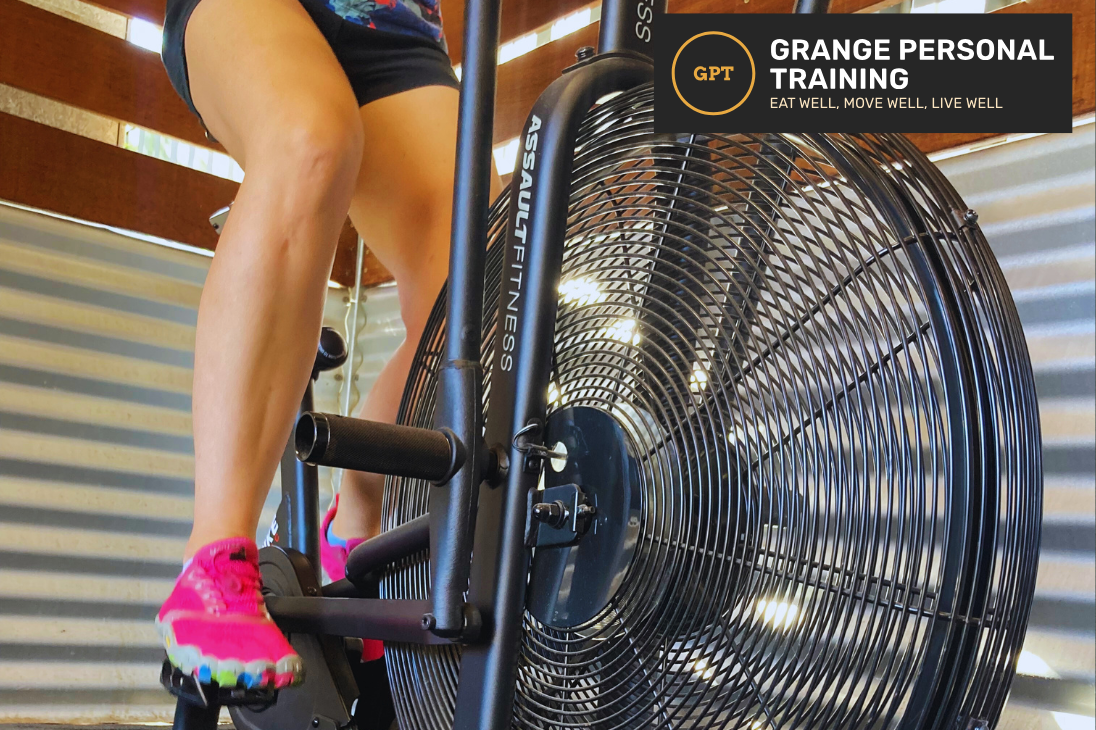Why we Need Cardiovascular Exercise

Why Cardiovascular Training is Important
Cardiovascular training, often referred to as cardio, involves activities that increase heart rate and improve the efficiency of the heart, lungs, and circulatory system. It is a cornerstone of physical fitness and offers a wide range of health benefits, both physical and mental.
1. Improves Heart Health
- Strengthens the Heart: Cardio exercises make the heart muscle stronger, enabling it to pump blood more efficiently.
- Reduces Risk of Heart Disease: Regular cardiovascular training lowers blood pressure, improves cholesterol levels, and decreases the risk of heart attacks and strokes.
2. Enhances Lung Capacity
- Cardio exercises improve the efficiency of the respiratory system, enabling better oxygen uptake.
- Strengthens the muscles involved in breathing, making everyday activities easier.
3. Aids in Weight Management
- Burns calories effectively, contributing to weight loss or maintenance.
- Boosts metabolism, helping to maintain a healthy body composition.
4. Boosts Circulation and Energy Levels
- Improves blood flow, delivering oxygen and nutrients more effectively throughout the body.
- Enhances energy levels by optimizing the body's ability to use oxygen and convert food into energy.
5. Regulates Blood Sugar Levels
- Helps the body use insulin more efficiently, reducing the risk of type 2 diabetes.
- Assists in managing blood sugar levels for individuals with diabetes.
6. Enhances Mental Health
- Stress Reduction: Releases endorphins, which alleviate stress and promote a positive mood.
- Combats Depression and Anxiety: Regular cardio is linked to reduced symptoms of mental health conditions.
- Boosts Cognitive Function: Increases blood flow to the brain, supporting memory, focus, and overall cognitive health.
7. Improves Sleep Quality
- Cardiovascular exercise can help regulate sleep patterns, leading to deeper and more restorative sleep.
8. Strengthens the Immune System
- Regular cardio promotes the production of immune cells, enhancing the body's ability to fight infections.
9. Supports Longevity
- Studies show that consistent cardiovascular exercise can increase life expectancy.
- Reduces the risk of chronic diseases like hypertension, obesity, and certain cancers.
10. Enhances Athletic Performance
- Builds endurance and stamina for both athletes and recreational exercisers.
- Improves recovery time and physical capacity for other types of exercise.
Best Cardiovascular Exercises
- Walking: A low-impact option suitable for beginners.
- Running or Jogging: Great for building endurance and burning calories.
- Cycling: Strengthens the lower body and is easier on the joints.
- Swimming: A full-body, low-impact cardio workout.
- Dancing: Combines fun and fitness while improving coordination.
- Rowing: Builds both cardiovascular and muscular endurance.
- Jump Rope: An effective, high-intensity cardio workout.
How Much Cardio is Recommended?
- Moderate Intensity: At least 150 minutes per week (e.g., brisk walking).
- Vigorous Intensity: At least 75 minutes per week (e.g., running or swimming).
- Combination: Mix moderate and vigorous activities to suit fitness goals and preferences.
Cardiovascular training is vital for maintaining a healthy heart, improving energy levels, and supporting overall physical and mental well-being. Incorporating it into your fitness routine ensures a balanced approach to health and longevity.